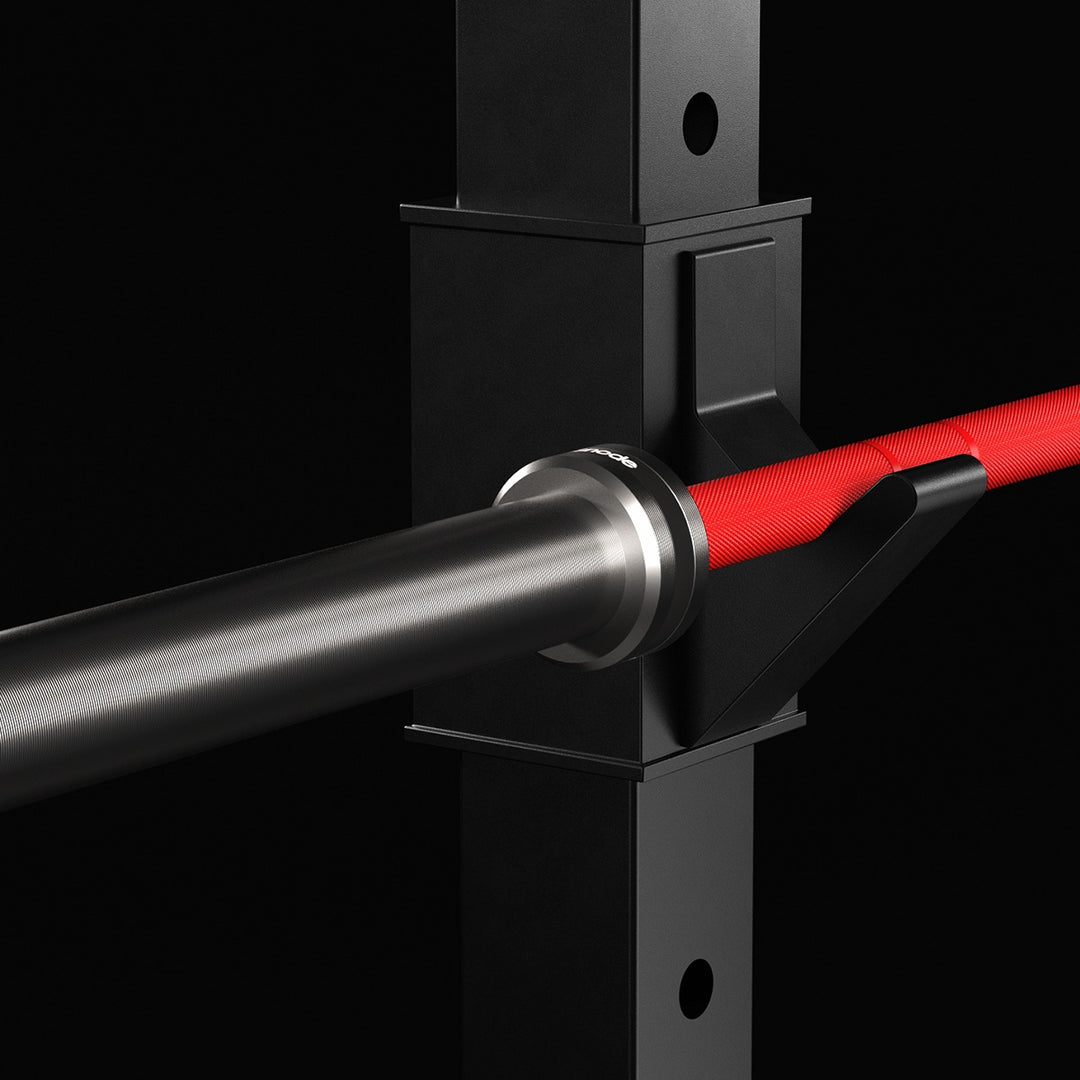In recent years, the fitness industry has seen a significant shift towards strength training, and women are increasingly embracing the barbell as a powerful tool in their workout routines. This article delves into the benefits of using a barbell in women's workouts, offering insights into why this piece of equipment is essential for achieving fitness goals.

Strength and Muscle Development
One of the primary benefits of using a barbell in women's workouts is the ability to build strength and muscle. Barbells allow for progressive overload, which is the gradual increase of stress placed upon the body during exercise. This method is crucial for muscle growth and strength gains. For example, compound movements like squats, deadlifts, and bench presses engage multiple muscle groups, leading to more efficient and effective workouts.
Improved Bone Density
Another significant advantage of incorporating barbells into women's fitness routines is the improvement in bone density. Weight-bearing exercises, such as those performed with a barbell, stimulate bone formation and increase bone mineral density. This is particularly important for women, as they are at a higher risk of developing osteoporosis later in life. Regular barbell training can help mitigate this risk and promote long-term bone health.
Enhanced Metabolic Rate
Using a barbell in workouts can also boost metabolic rate. Strength training with barbells increases muscle mass, which in turn elevates the body's resting metabolic rate (RMR). A higher RMR means that the body burns more calories at rest, aiding in weight management and fat loss. For instance, a woman who incorporates barbell exercises into her routine may find it easier to maintain a healthy weight compared to relying solely on cardio exercises.
Functional Fitness and Daily Activities
Barbell training enhances functional fitness, which refers to the ability to perform everyday activities with ease. Exercises like deadlifts and squats mimic real-life movements, such as lifting groceries or climbing stairs. By strengthening the muscles used in these activities, women can improve their overall quality of life and reduce the risk of injury. For example, a woman who regularly practices barbell squats may find it easier to lift heavy objects without straining her back.
Mental Health Benefits
Beyond the physical advantages, barbell training offers numerous mental health benefits. Engaging in regular strength training can reduce symptoms of anxiety and depression, boost self-esteem, and improve overall mood. The sense of accomplishment that comes from lifting heavier weights over time can be incredibly empowering. For instance, a woman who sets and achieves a personal record in her deadlift may experience a significant boost in confidence and mental well-being.
Community and Support
Finally, the barbell community provides a supportive and motivating environment for women. Many gyms and fitness centers offer group classes or training sessions focused on barbell exercises, fostering a sense of camaraderie and encouragement. This social aspect can be particularly beneficial for women who may feel intimidated by weightlifting. By joining a community of like-minded individuals, women can find the support and motivation needed to stay committed to their fitness goals.
In conclusion, the benefits of using a barbell in women's workouts are numerous and far-reaching. From building strength and muscle to improving bone density and mental health, barbells offer a comprehensive approach to fitness. By incorporating barbell exercises into their routines, women can achieve their fitness goals, enhance their overall well-being, and enjoy a more active and fulfilling lifestyle.








